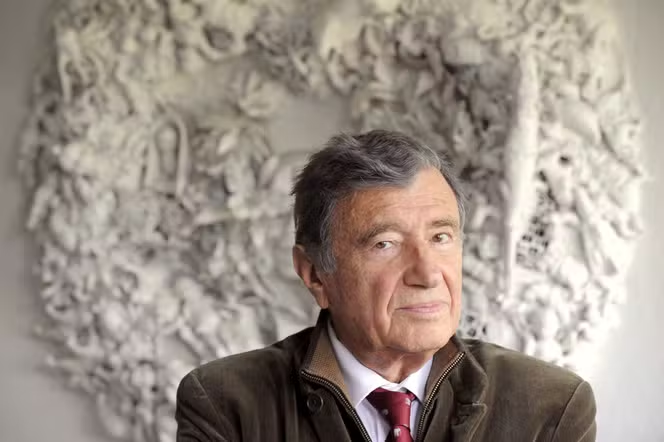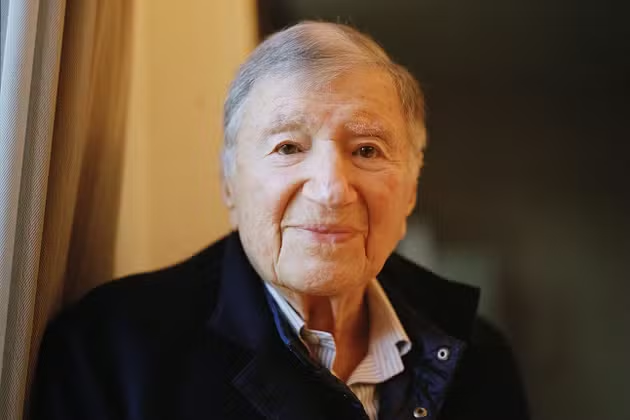Renowned French scientist and physician Etienne-Emile Baulieu, best known for developing the abortion pill RU 486, has passed away at the age of 98 at his home in Paris, his institute announced Friday.
A global figure in endocrinology and reproductive health, Baulieu’s work left an indelible mark on science, medicine, and society. His commitment to women’s rights and medical innovation earned him international recognition and, at times, fierce opposition.
Born Etienne Blum in Strasbourg on December 12, 1926, he adopted the name Emile Baulieu as a teenager when he joined the French Resistance at just 15 during the Nazi occupation. That early act of courage set the tone for a lifetime of bold, pioneering work.

After earning a medical doctorate in 1955 and a doctorate in science in 1963, Baulieu went on to lead one of France’s first hormone-focused research units at INSERM (National Institute of Health and Medical Research). He headed the unit until 1997, shaping generations of hormone-related research.
READ ALSO: Tragedy in Amur Oblast: Ukrainian Drone-Laden Truck Explodes, Killing One
In 1982, Baulieu made his most globally recognized breakthrough: the development of RU 486, commonly known as the abortion pill. This groundbreaking medical advancement transformed the landscape of reproductive health by offering women a non-invasive, safer, and earlier alternative to surgical abortion.

Despite its benefits, RU 486 became the target of significant political and moral opposition, especially from anti-abortion groups. Baulieu received threats and widespread criticism—but stood firm in defense of women’s autonomy.
READ ALSO: Ukrainian Drones Strike Deep Into Russia, Destroying Strategic Aviation Assets (VIDEO)
“His research was guided by his belief in the power of science to improve lives and his deep commitment to women’s freedom,” the Institut Baulieu said in a statement. “He enabled millions of women to make informed, safer choices about their reproductive health.”

Baulieu’s work extended beyond reproductive health. He was instrumental in studying DHEA, a hormone linked to aging, and later delved into neurosteroids—a class of brain steroids crucial to mental health and neurodegeneration.
He spearheaded research into novel treatments for depression and, in 2008, founded the Institut Baulieu to tackle neurodegenerative diseases, including Alzheimer’s.
Etienne-Emile Baulieu’s accolades are numerous: Grand Crosses of the Légion d’Honneur and the Ordre National du Mérite, Elected to the French Academy of Sciences in 1982, which he later chaired, Member of the National Advisory Committee on Life Sciences and Health (1996–2002) and Honored by both national and international scientific communities.

French President Emmanuel Macron paid tribute on X (formerly Twitter), calling Baulieu “a beacon of courage” and “a progressive mind who enabled women to win their freedom.” “Few French people have changed the world to such an extent,” Macron wrote.
Baulieu was previously married to Yolande Compagnon, and later to Simone Harari Baulieu. He is survived by three children, eight grandchildren, and nine great-grandchildren. His legacy endures through the millions of lives touched by his work and the ongoing research at the Institut Baulieu.
Discover more from Scoop Hub
Subscribe to get the latest posts sent to your email.

